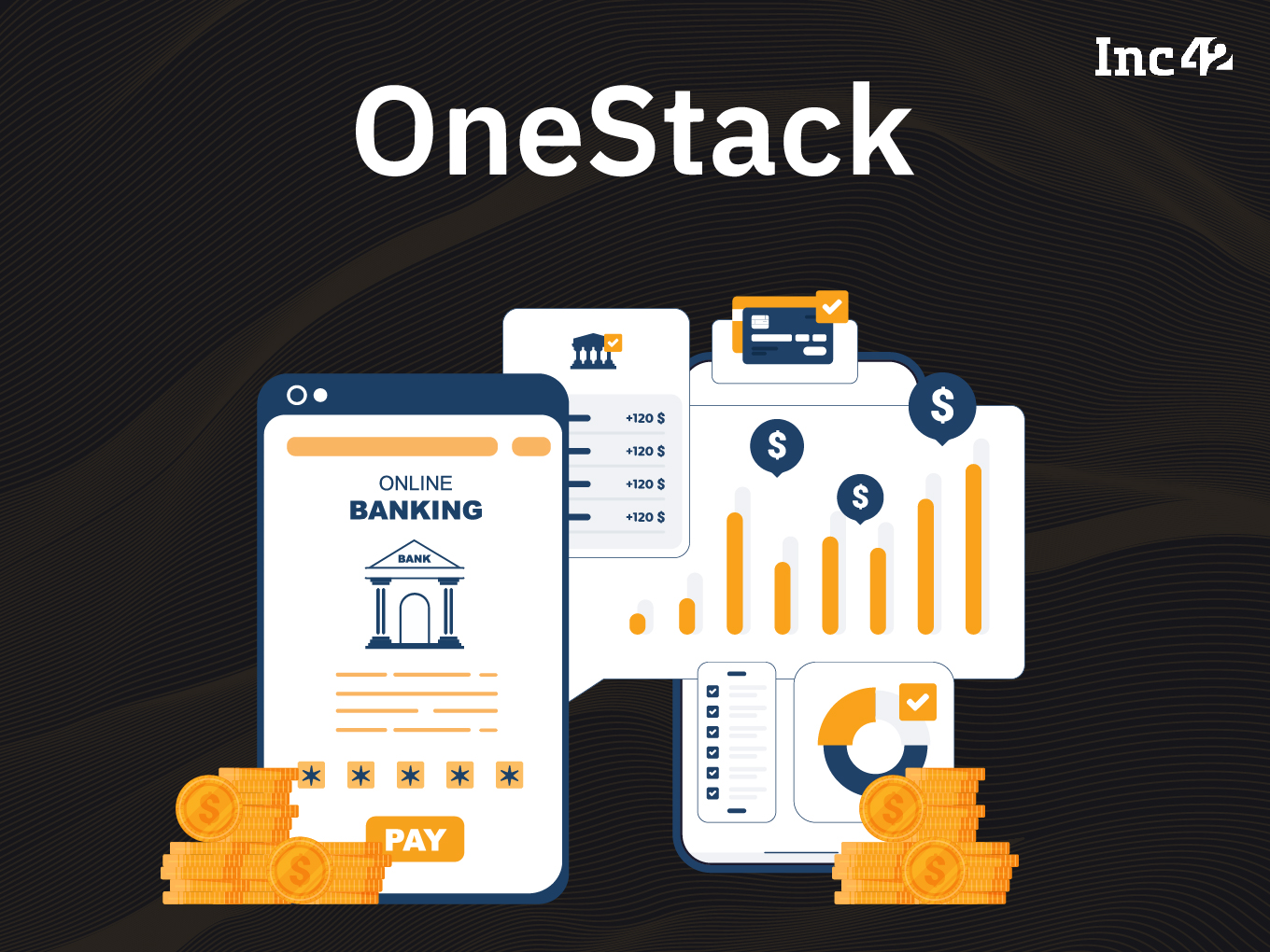Toronto’s small business community is weary. Once the cultural and economic heart of Canada’s largest city, Hogtown entrepreneurs are struggling to stay afloat during the seemingly endless COVID-19 restrictions. While all three levels of government have offered unprecedented relief packages, any bit of help in these times can mean the difference between success and failure.
Good thing Torontonians are a strong bunch. Despite the immense challenges of the coronavirus pandemic, many local entrepreneurs — with the help of their employees and fellow businesspeople — are weathering the storm. Here, five Toronto entrepreneurs talk about how they’ve survived COVID-19 while also doing right by their communities.
Alexander Jivov helps non-profits help others
We already knew that non-profits make the world a better place; did you know too that they represent roughly 10% of Canada’s GDP? Hopeful co-founder and CEO Alexander Jivov has made a career out of empowering these crucial enterprises, offering unique management and fundraising software. At the outset of the crisis, Jivov admits he panicked about the future of his fledgling company. However, he quickly realized that such an emergency meant that non-profits — not to mention the vulnerable populations they served — needed his immediate help. So, even though his product was not yet complete, Jivov and his team released it early to meet demand. In a matter of months, Hopeful increased its staff from three to eight, secured two corporate partnerships, and was admitted to the Berkeley Skydeck startup accelerator. “I’m looking forward to helping our clients flourish beyond the pandemic,” Jivov says. “I’m confident a non-profit-industry renaissance is just around the corner.”
Key takeaway: When you’re in the business of helping people, every risk is worth taking.
Jeff Kang finds the recipe for adaptability
Jeff Kang was the chef-owner of Canis, one of Canada’s most celebrated restaurants. Then the coronavirus showed up and turned Kang’s life upside down. The chef’s high-end menu wasn’t suited for takeout, and because Canis was located in front of a crosswalk, the restaurant wasn’t allowed to set up a pandemic-era patio. So, with only two months left on his lease, Kang shuttered his business. “COVID-19 has been much worse than I imagined, but we can’t just give up,” he says. “At the end of the day, we all have to make a living and get out of the house.” To stay afloat and keep his team employed, Kang relied on every bit of his personal and professional experience: first, he sold Korean fried chicken and kimchi at a pop-up; then he began selling Japanese food through his sister business, Après Wine Bar, to cater to the takeout crowd (Kang trained as a sushi chef in his younger days); finally, he rejigged his roster to maximize the number of jobs available. Kang may one day re-open Canis in a new location, or start another restaurant based on the new dishes he’s come up with these last few months. Until then, he’s adaptable.
Key takeaway: Constantly pivoting your vision means seeing endless opportunities.
Ignacio Tartavull delivers more equitable takeout
Running a food-delivery company is stressful enough. Finding a new office in the middle of a winter lockdown that had people questioning the long-term viability of restaurants altogether — that was brutal. But Ignacio Tartavull didn’t become an entrepreneur for relaxation. As head of startup Tiny Mile, he’s the brain behind Geoffrey, that adorable 10-pound, remote-controlled robot that can deliver takeout within a one-mile range, rolling along sidewalks at walking speed. Tartavull used the pandemic as an opportunity to hire his first 13 employees and set up shop in Toronto’s Corktown neighbourhood. The move burned a lot of cash, but the company is today in a strong position to roll out an army of Geoffries. (The little guy still only delivers a few items a day and is working out some kinks.) And such an invention will certainly bolster Toronto’s recovery. Physical distancing seems here to stay in the short term, so contactless delivery stands to make great gains; Tiny Mile’s service is also affordable, foregoing the 30% fees typical of competitors like Uber Eats; and more little robots means fewer cars on the streets which, in turn, means less pollution and accidents. The fact that Geoffrey is already warming Torontonians’ hearts doesn’t hurt the cause either.
Key takeaway: Products that solve the problems of the future will always be in demand. Especially if they’re cute.
Bob Vaez sees the future of live events — and it’s virtual
“Our business revolved 100% around live events. I wasn’t sure if we would survive,” says Bob Vaez, CEO of EventMobi. As a veteran of the tech game, though, Vaez already knew that the future of live events would involve some sort of hybrid presentation; that this unfortunate moment was a chance to get ahead of the competition. So, Vaez’s employees turned on the jets. The product and engineering teams immediately launched a Live Stream Production division, which has supported more than 100,000 hours of online client conferences since April 2020. If you can believe it, EventMobi actually began delivering new products at a rate three-times faster than before the pandemic. Most incredibly: the startup brought back all of its 35 laid off workers and hired dozens more. “We’re now ready to take advantage of the next shift, where hybrid events become the norm,” Vaez says.
Key takeaway: Use breaks in business to fulfill the projects you’ve always wanted to start.
Ray Reddy raises up his fellow entrepreneurs
It’s been a rough year for Ritual. In April, the food-ordering pickup app cut half its staff and shrunk global outposts thanks to the restaurant community’s existential uncertainty. (“We are taking necessary steps to put us on solid footing during this moment and the recovery to follow,” said co-founder and CEO Ray Reddy in a statement at the time.) And with that, Ritual and Reddy took on a new mission, partnering with the City of Toronto to digitize restaurants’ operations for contactless pickup and delivery, for free. Then in June, the startup reportedly raised an additional $29.8 million from existing backers. And just before the new year, Reddy announced that his team would be taking their Toronto learnings south by working with the State of New York and PayPal to digitize even more restaurants. “Local entrepreneurs make our communities thrive,” Reddy says. “We can keep everyone safe while growing their businesses.”
Key takeaway: Every entrepreneur brings with them something special — experience, talent, personality, ideas. Identify what you do best and share it with those that need it.
Get the latest roundups, business advice, industry updates and success stories from Toronto entrepreneurs on our news page.
The post Advice for hard times: Toronto entrepreneurs on surviving COVID-19 appeared first on StartUp HERE Toronto.

 3 years ago359
3 years ago359







 English (US)
English (US)